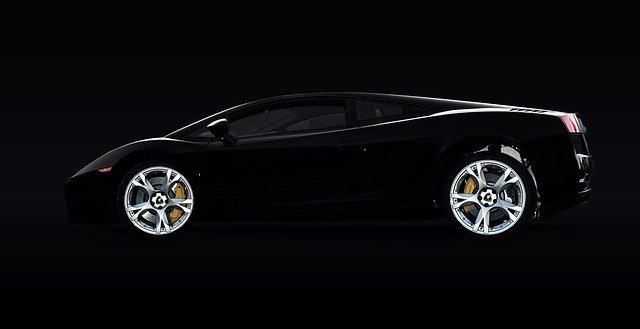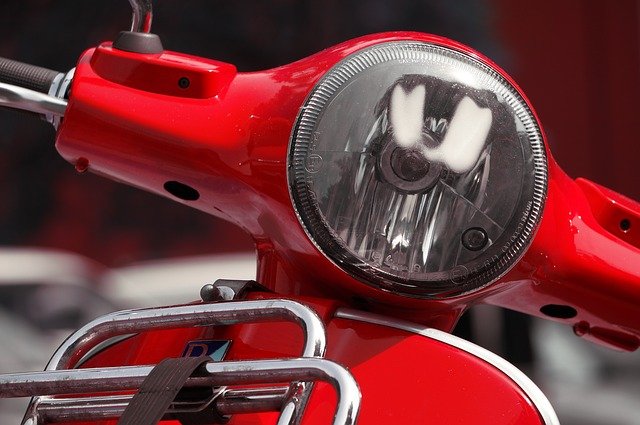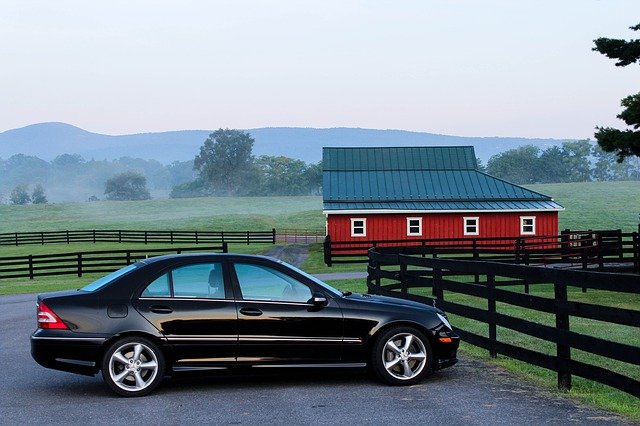Vehicle sales in the EU fell to a new low last year as the auto sector was hobbled by the COVID-19 pandemic and a shortage of computer chips, industry figures showed yesterday.
Registrations of new passenger vehicles in the EU slid by 2.4 percent to 9.7 million vehicles, the worst performance since statistics began in 1990, data from the European Automobile Manufacturers Association showed.
That follows the historic fall of nearly 24 percent in 2020 due to pandemic restrictions, and brought new vehicle registrations in the EU to 3.3 million below the pre-pandemic sales of 2019.
Photo: Reuters
“This fall was the result of the semiconductor shortage that negatively impacted car production throughout the year, but especially during the second half of 2021,” the association said.
Automakers initially downplayed the impact of the chip shortage, but it eventually led them to slow production and even idle factories.
EU sales did rebound strongly in the second quarter of last year, but for most of the year’s second half they were down by about 20 percent.
The short-term perspectives for supplies are not good.
“The start of 2022 will still be difficult in terms of supplies of chips,” consultancy AlixPartners LLP managing director Alexandre Marian said. “The situation should improve in the middle of the year, but that doesn’t mean other problems won’t crop up, concerning raw materials, supply chains and labor shortages.”
Germany, where sales dropped 10.1 percent last year, is by far Europe’s largest vehicle market, accounting for one-quarter of total sales at more than 2.6 million.
If the shortage of semiconductors was the major factor holding back a rebound, the EU also underperformed compared with the other major markets, where the recovery from the pandemic was stronger.
The Chinese market grew by 4.4 percent and the US market by 3.7 percent.
The decline in European sales might also reflect “the sharp increase in the average price of cars as well as an expectant attitude by consumers concerning electric vehicles, which are pushing them to put off purchases and hold on to their current vehicle longer,” said experts at Inovev, an automotive data analytics firm.
Europe’s top-three automakers all saw a drop in sales in the bloc.
Volkswagen AG retain the top spot, but a 4.8 percent drop in sales to 1.4 million vehicles caused its market share to dip to 25.1 percent.
Stellantis NV, which was formed from the merger of Italy’s Fiat group and France’s Peugeot-Citroen, fell 2.1 percent to 2.1 million units, nudging its market share higher to 21.9 percent.
Renault group had a 10 percent drop, with sales of its eponymous brand tumbling by 16 percent, while sales of its low-cost Dacia brand and sporty Alpine brands rose.
The French automotive group saw its market share narrow to 10.6 percent.
Germany’s BMW AG had a 1.5 percent increase in registrations, but Daimler AG — the owner of the Mercedes and Smart brands — reported a 12.4 percent drop.
South Korea’s Hyundai Group — which includes the Hyundai and Kia brands — solidified its position as the No. 4 automaker in the EU with an 18.4 percent gain to more than 828,000 vehicles.
Its market share rose to 8.5 percent.
Comments will be moderated. Keep comments relevant to the article. Remarks containing abusive and obscene language, personal attacks of any kind or promotion will be removed and the user banned. Final decision will be at the discretion of the Taipei Times.
Source: https://www.taipeitimes.com/News/biz/archives/2022/01/19/2003771633




